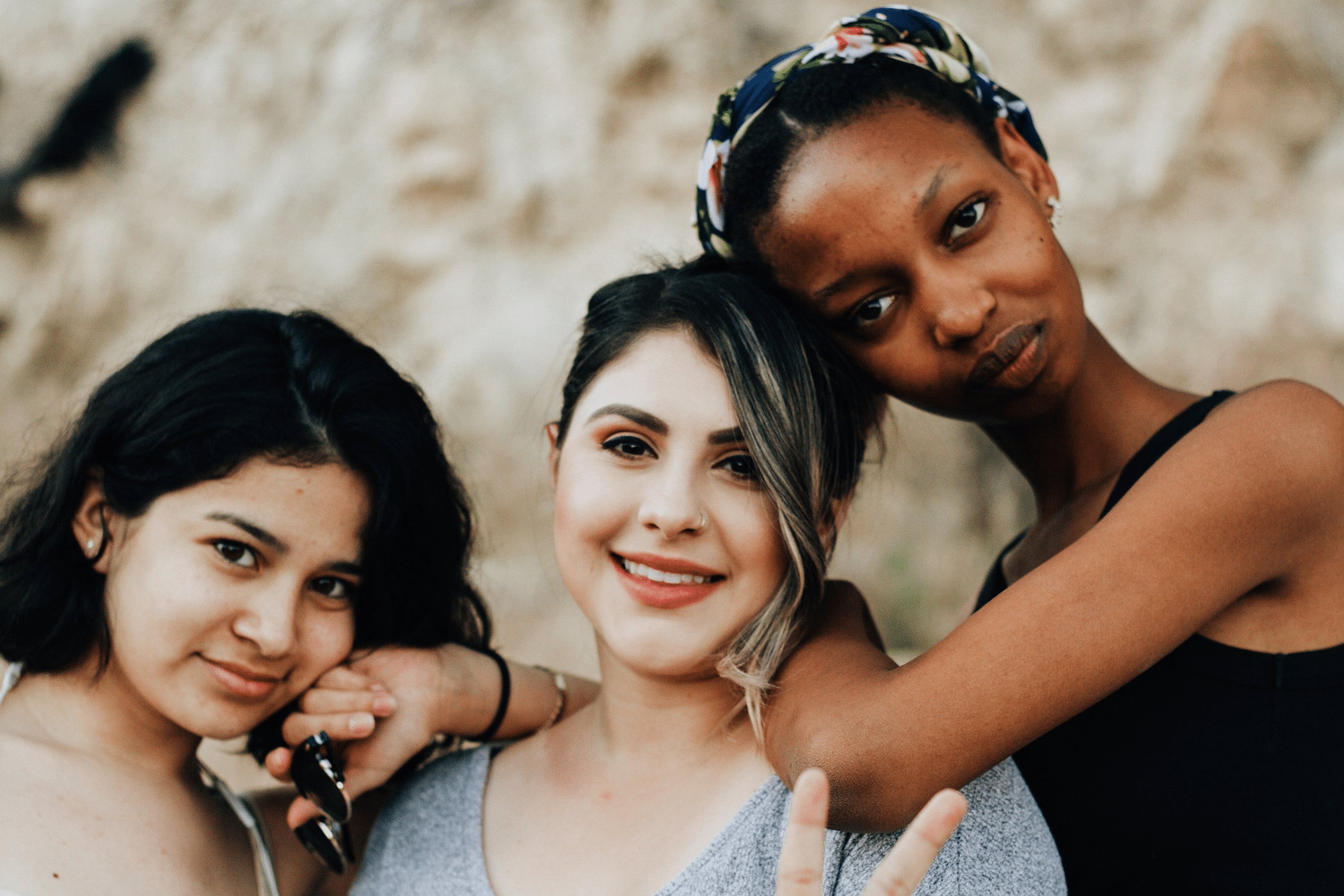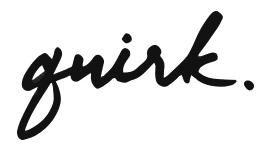August 12, 2019
Why Do We Think Male-Owned Agencies Will Bring Us Diversity?

Originally published in MediaPost
A while back, the 3% Conference promoted Leo Burnett CEO Andrew Swinand’s open letter to the industry, announcing it was all-in on diversity. Why?
“Because diverse perspectives fuel creativity,” the letter says. “Because the best ideas reflect the world in which we live.”
There’s nothing inherently wrong with the letter, at face value. It’s the CEO of a billion dollar, deeply influential company publicly announcing that diversity and representation matters in advertising. Cue the slow claps.
Except that particular agency, like nearly all major advertising agencies, is led by a man. Has always been led by a man. Why, if we care so much about the creative power of diversity, are we applauding the glacial change of these legacy agencies when we should be seeking agencies that were founded by women?
As a female entrepreneur, I’ve come to realize just how much ownership matters. Not only to my personal sense of self and worth, but within the larger advertising industry, where just 0.1% of agencies are owned by women. Yes, that decimal is in the right place. Ownership by women, not just participation, should matter deeply to brands and anyone claiming to be invested in shaping a more equal, representative future of the advertising industry.
When you start looking at the agencies that have defined our industry, you see a legacy of men. Before Andrew Swinand, there was Rich Stoddart. Before Rich there was Roger Haupt, and before Roger, Leo Burnett himself. If we look at other agencies, we see more men’s names on the door, and more men at the helm.
The question we must grapple with is: Can an agency, or any company, that has historically been owned and led exclusively by men genuinely reshape itself into the agency we need for the future?
And let us be clear. What we need from agencies are workplaces with ample family leave policies that remove “motherhood penalties.” Workplaces with zero tolerance for sexual harassment or casual sexism. Workplaces inherently built without wage gaps. Workplaces where hiring women isn’t an initiative with a memo and a pitch deck and internal sign off and a PR blitz, but a no-brainer stemming from the company’s core DNA.
When men hold the purse strings of business ownership, no matter how many women are hired or letters are published, can there really be lasting change that will make a difference in women’s lives?
It’s something that I believe brands need to start thinking about when exercising their purchasing power and selecting partners.
There’s a tremendous responsibility for brands — especially brands geared toward the female consumer — to acknowledge the role of ownership and to select agency partners that are female-owned, too. Seek out agencies that have been woman-centric, pro-woman,and owned by women — from the beginning.
Verizon, General Mills and HP (all currently led by men), recently put out a call to its agencies to increase their diversity. They asked for each agency to create a plan, with freedom to set their own goals to increase the number of women and minorities working for them in the next year.
Those plans are a good idea, but we’re missing one key detail. If you look at HP’s five agencies (participating agencies in 2017), for example, you see that they’re still very much led by men, and have been since their founding:
- BBDO Worldwide’s CEO: Andrew Robertson
- Fred & Farid’s Founders: Fred Raillard and Farid Mokart
- Gyro’s CEO: Christoph Becker
- PHD’s CEO: Mike Cooper (until May when Phillipa Brown was named to succeed him)
- Edelman’s CEO: Richard Edelman
To be fair, HP’s 2018 participating agency lineup includes Giant Spoon, which though is also founded by four men, recently promoted Laura Correnti to partner.
There’s a lot of talk about rehabilitation in the #METOO era of advertising, and I question that focus. Why expend energy on rehabbing historically patriarchal agencies? Why not just support those agencies that have never been part of the patriarchy?
There’s a cold dose of reality: Brands often turn to male-owned agencies because they are bigger. Because those agencies were first. Women-owned agencies are almost always newer, almost always smaller as a result.
And while huge brands might not turn to a small agency for everything, they should look to bring in female-owned agencies, even for a sliver of the business.
I would challenge brands genuinely committed to championing diversity to ask themselves the following when reviewing their current AOR or considering a new agency:
Look at your roster of agencies. Who are the CEOs?
Look at who owns them. Does that represent the diversity you want?
Look at their track record. Historically, not just since #MeToo, have those agencies advocated for women? Have they made their lives better, have they made the workplace safe for them?
If those questions aren’t answered to your satisfaction, you may want to look elsewhere. As Wildfang CEO Emma Mcllroy said at the last 3% Conference: “You can’t change the world and operate from the status quo.”
So don’t.
